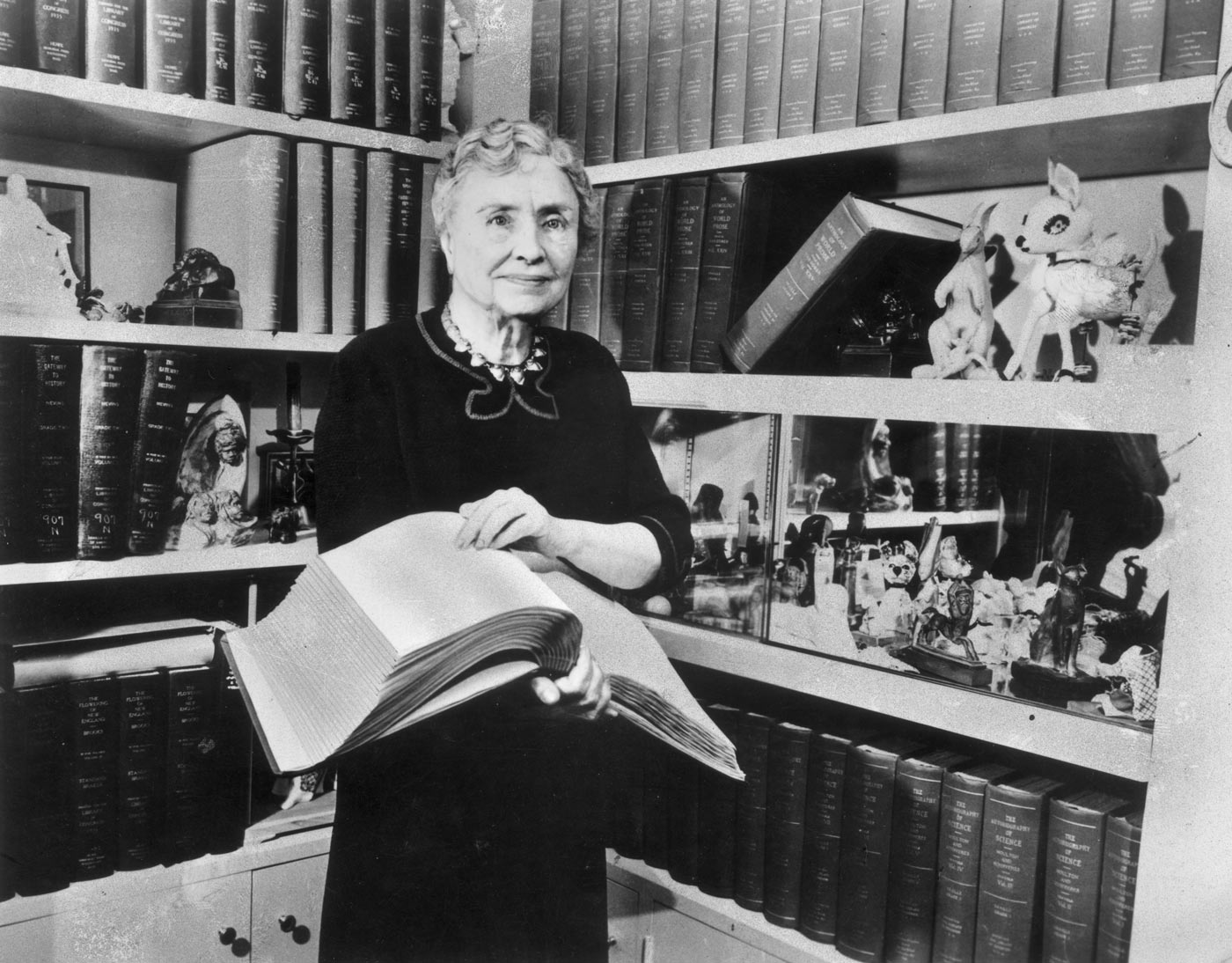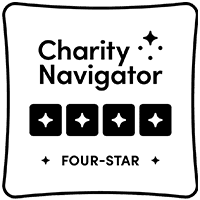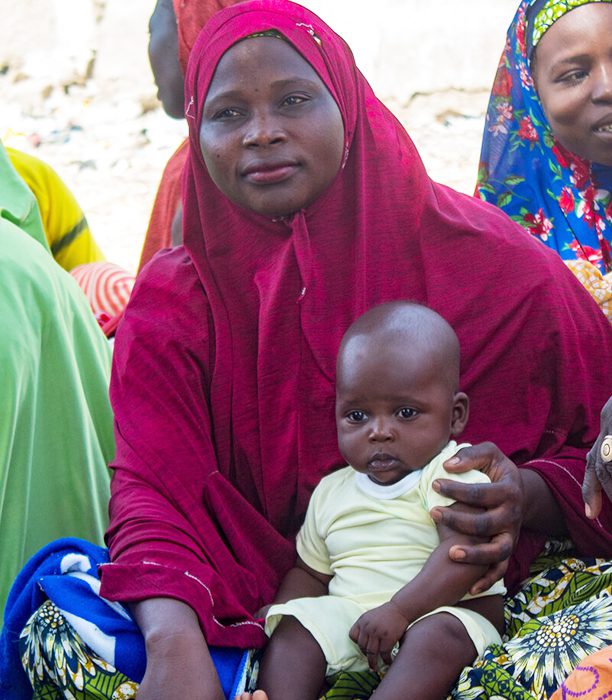
Almond Miller: Saving Sight during the Pandemic in Fort Worth, Texas
One in four children have vision issues, though these are often overlooked or misdiagnosed. Uncorrected vision problems pose long term consequences and can define a child’s trajectory to adulthood, so intervening early is key – especially among vulnerable populations. Those who are low-income, live in rural areas or belong to ethnic minority groups are most at risk for poor eye health and least likely to access critical vision care.
Ensuring access to vision care amidst difficult circumstances
While much of the world was on pause due to COVID-19, uncorrected vision problems persisted and could not be ignored – as they threatened children’s socialization, development and learning potential. Almond Miller, regional manager for Helen Keller Intl’s US Vision Program, relocated with her family during the middle of the COVID-19 pandemic and worked with her local team, which included Dr. Amanda Gonzales, to support vision screenings and the provision of eyeglasses in Fort Worth, Texas. In the program’s first few months, Helen Keller Intl has already helped screen nearly 1,000 children and provided more than 700 free pairs of glasses.
Her transition to Fort Worth hasn’t been easy. Almond arrived in Fort Worth amidst a COVID-19 surge, mere months before an unprecedented winter storm swept Texas, leaving millions without power, heat or running water. Almond was forced to navigate several crises at once – the impact of COVID-19, a community in recovery, and the vast inequities in vision care access among American children. But as she notes, “As a mother and leader, I must be resilient and recover quickly.”
Staying positive to advocate for vulnerable children
Though Almond feared continuing her work as cases climbed, the thought of its critical importance for vulnerable children kept her going to serve communities. “Despite fear, I am conscious of my assignment on this earth. And every day I have to stay positive and keep a growth mindset, reminding myself that there are no bad days, just character-building days.”
Almond’s tireless work despite a litany of complications exemplify Helen Keller’s commitment to expanding access to vision care for children – those most at risk of falling through the cracks, and those who have the most to lose.




